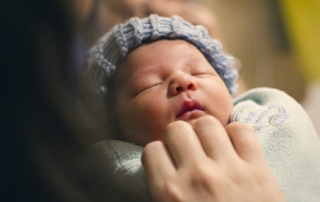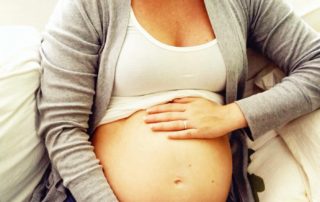Women Who Stop SSRIs Prior to Pregnancy Have Same Risk of Miscarriage as Women who elect to Remain on SSRI Antidepressants
Some, but not all, studies have demonstrated an increased risk of miscarriage among women who take antidepressants. However, it has been difficult to determine whether this increased risk was related to exposure to the medication [...]






